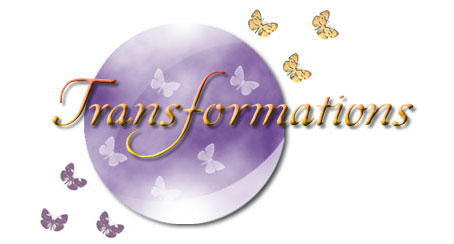Although a recent Centers for Disease Control and Prevention report included "reassuring news that an overwhelming number of U.S. teens have had formal sex education," there was "some hand-wringing over the purported lack of contraception education," Washington Times columnist Cheryl Wetzstein writes. According to Wetzstein, the report "generated alarming media statements about how 'only two-thirds of teens' have been taught about birth control methods."Wetzstein writes that a separate federal report found that 81% of about 3.6 million teen girls who were sexually active and did not want to become pregnant used a birth control method,
exercise straps trx. "There's certainly work to do to get that 81% higher,
trx resistance training, but that's a powerful affirmation that even at-risk teens know about birth control," Wetzstein argues. She adds that 99% of sexually experienced U.S,
trx suspension bands. women ages 15 through 44 say they have used some form of birth control, "which essentially means birth control use is 'universal' among U.S. women." The statistic is "another strong indication that decades of sex education has indeed conveyed information about birth control to millions of Americans," according to Wetzstein.Meanwhile, a CDC report released earlier this summer "offers interesting data about why women stop using birth control," Wetzstein continues. "More than 13 million women stopped using the pill because it gave them 'side effects,'" while about 1.3 million women "ditched it because it was too difficult to use" and about 1,
trx cheapest price.4 million women "stopped using the pill ,
suspension trainer... because they got pregnant while taking it," she writes. "Bottom line, cost, insurance coverage and access were only minor reasons women said they stopped using the pill," Wetzstein states. She concludes, "The pill celebrated its 50th anniversary this year and birth control use is ubiquitous. But findings like these show that contraceptive science still has plenty of mysteries to solve" (Wetzstein, Washington Times, 10/11).Reprinted with kind permission from You can view the entire Daily Women's Health Policy Report, search the archives, or sign up for email delivery here. The Daily Women's Health Policy Report is a free service of the National Partnership for Women & Families. © 2010 National Partnership for Women & Families. All rights reserved.
Health Risks For Large, Retired Athletes May Be Lo Online Map Of Maternal Health To Inform And Influence World Leaders


